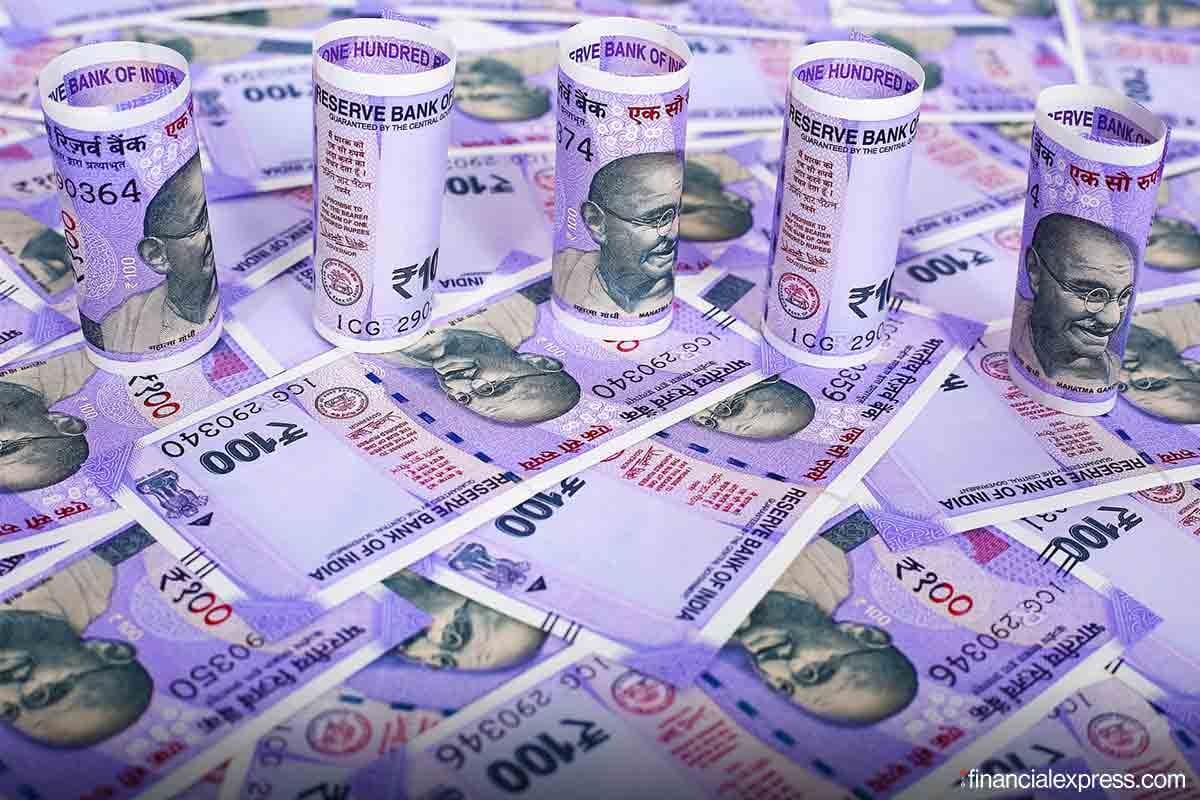The extended emergency credit line guarantee scheme (ECLGS 2.0) has the potential to infuse over ₹40,000 crore liquidity into the targeted 26 stressed sectors, including the healthcare industry, says a report by CRISIL, which said that will be sufficient to help companies, including those hit by a sharp decline in cash flows, to overcome liquidity pressures.
CRISIL, the Indian subsidiary of US company S&P, offers ratings, research and risk and policy advisory services.
The new ECLGS scheme and the resultant identification of the affected sectors was done after the K V Kamath committee appointed by the Reserve Bank of India (RBI) recommended extension of liquidity to the worst-hit sectors following the pandemic-induced lockdown.
Under the scheme, companies with outstanding loans of ₹50 crore to ₹500 crore are eligible for additional credit of up to 20 per cent of their outstanding debt as of February 29, 2020.
Of CRISIL-rated portfolio, as much as 1,414 companies from 27 sectors, including healthcare, are eligible for the scheme. These companies collectively have an outstanding debt of ₹2 lakh crore as of February 29. These are facing an average cash flow contraction of 17 per cent or by ₹11,000 crore, compared to the pre-pandemic assessment, according to a news agency.
Borrowing under the new extended scheme can provide additional liquidity equal to 3.5 times the cash-flow contraction for the sample set.
This will help them overcome temporary liquidity challenges. Also, the one-year moratorium available under the scheme will provide further room for companies to stabilise their cash flows, says the report.
The scheme will particularly benefit companies in low-resilience sectors like hotels, gems & jewellery, travel and real estate as their accruals are expected to fall sharper at 23 per cent this fiscal.

